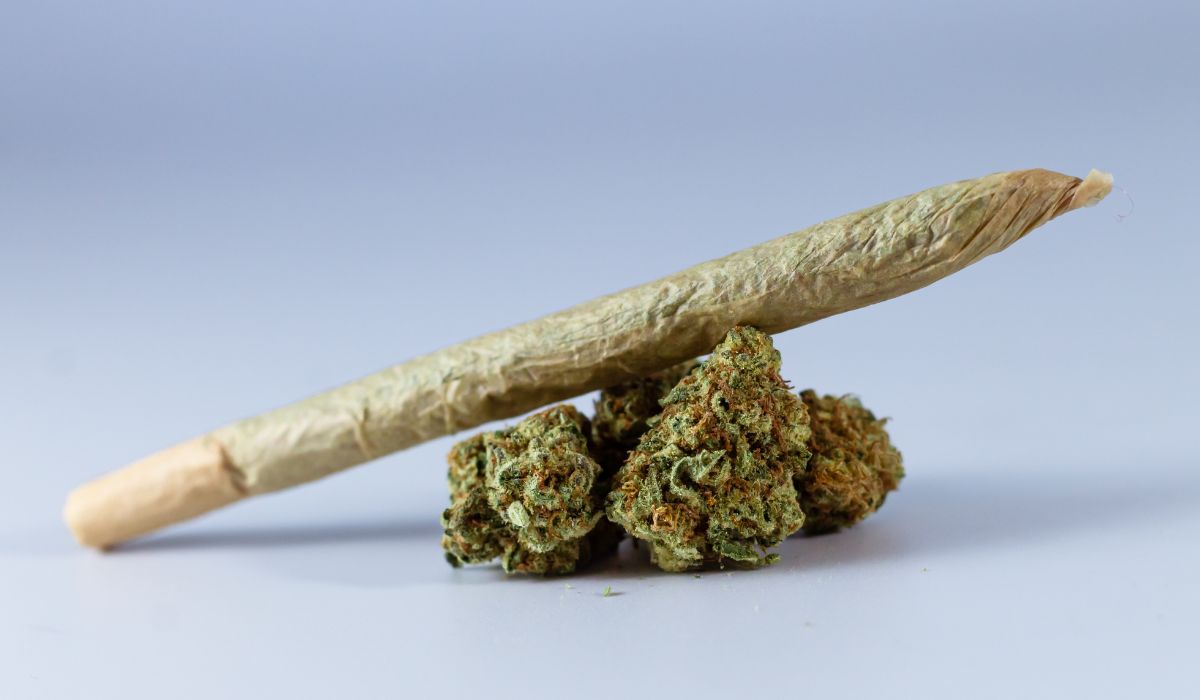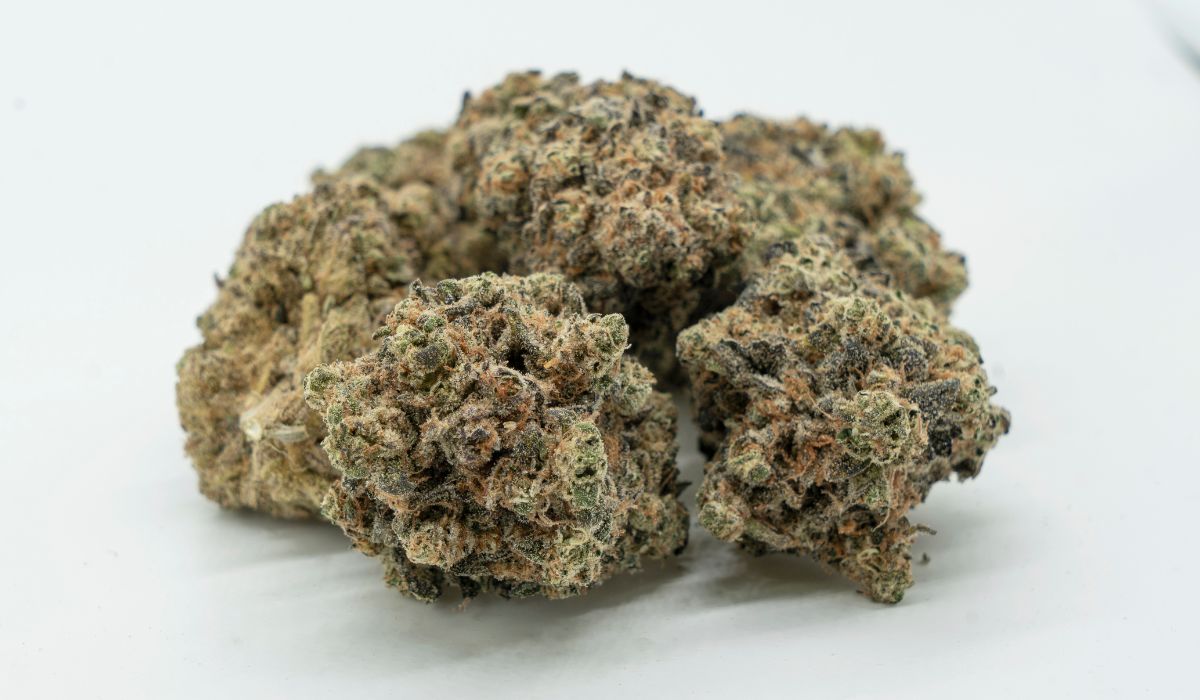Introduction
Both substances affect the brain and body in different ways. Weed (also called marijuana or cannabis) is often smoked or eaten, while alcohol is usually drunk in beer, wine, or liquor. Some think weed is safer, while others worry about alcohol. But the truth is more complex. Addiction is not just about how much you use—it is also about your health, your mental state, and how substances affect behavior.
In this article, we will look at how weed and alcohol can lead to substance abuse, the risks they bring, and what research says about addiction.

What Does “Addiction” Mean?
Addiction is when a person keeps using a substance even when it causes harm. It is more than liking the feeling. Addiction changes the brain, behavior, and motivation. A person may develop physical dependence, meaning their body feels sick without the substance. Addiction can also be linked to a mental disorder, such as anxiety or depression.
The Centers for Disease Control and Prevention (CDC) says that substance abuse is a major public health problem. It can lead to disease, injury, and even death.
How Alcohol Affects the Body
Alcohol is a drug that slows down the brain. When people drink, they may feel relaxed, happy, or silly. But drinking too much can cause problems.
Short-Term Effects of Alcohol
-
Slurred speech
-
Poor memory
-
Vomiting and nausea
-
Changes in mood and perception
-
Hangovers with headache, pain, and fatigue
Long-Term Risks of Alcohol
-
Liver disease
-
High blood pressure
-
Heart disease
-
Risk of cancer
-
Mental health problems like anxiety and depression
Alcohol can also be poisonous in high doses. This is called alcohol poisoning, and it can cause vomiting, seizures, or even death.
How Weed Affects the Body
Weed (marijuana) comes from the cannabis plant. Most people use it by smoking or eating it in foods called “edibles.” Weed contains THC, a chemical that changes brain activity.
Short-Term Effects of Weed
-
Altered sense of time and perception
-
Relaxation or euphoria (feeling high)
-
Problems with memory
-
Increased appetite
-
Bloodshot eyes
Long-Term Risks of Weed
-
Breathing problems from smoking
-
Risk of psychosis in some people
-
Anxiety or depression
-
Loss of motivation
-
Impacts on memory and brain development (especially in teens)
Weed is less likely than alcohol to cause vomiting or overdose. But it can still affect mental health and lead to dependence.
Comparing Addiction: Weed vs. Alcohol
Which Is More Addictive?
Research shows that alcohol is more addictive than weed. Many people who drink develop alcohol use disorder (AUD), which can include binge drinking, cravings, and withdrawal symptoms. Weed can also be addictive, but fewer people who try it become dependent compared to alcohol.
Why Alcohol Is Riskier
-
Alcohol is linked to physical withdrawal, which can be dangerous.
-
Drinking is more common, making abuse more likely.
-
Alcohol damages organs like the liver and heart.
-
Binge drinking is a serious health risk, especially in young people.
Why Weed Still Has Risks
-
Some people develop cannabis use disorder.
-
Weed can trigger mental health issues, like psychosis or anxiety.
-
Using weed often can lower motivation and harm memory.
Behavior and Mental Health
Both alcohol and weed affect behavior and mental health.
-
Alcohol can make people more aggressive or risky in their choices.
-
Weed may make people feel calm, but in some cases, it increases anxiety.
-
Both substances can affect mood, memory, and perception.
Over time, substance abuse can worsen a mental disorder, making therapy or treatment necessary.
Health Risks From Substances
Alcohol Risks
-
High blood pressure
-
Heart disease
-
Stroke
-
Poisoning from overdose
-
Liver failure
Weed Risks
-
Breathing issues from smoking
-
Mental health problems (psychosis, anxiety)
-
Lack of motivation
-
Memory problems
Both substances can cause disease, affect blood, and impact overall health.
Social and Legal Risks
-
Alcohol is legal for adults over 21, but misuse leads to DUIs, accidents, and crime.
-
Weed is legal in some states, but not all. Laws vary, and smoking in public can bring penalties.
-
Both can impact jobs, school, and relationships.
Therapy and Treatment for Addiction
If someone struggles with addiction, therapy can help. Options include:
-
Behavioral therapy to change harmful habits
-
Medication for alcohol withdrawal or cravings
-
Support groups for community help
-
Rehab centers for structured recovery
Treatment focuses on both mental health and physical dependence. Professionals help manage pain, mood, and motivation while guiding recovery.
Research on Weed vs. Alcohol
Studies show:
-
Alcohol causes more deaths worldwide than weed.
-
Weed has risks, especially for teens and those with mental disorders.
-
Alcohol is more strongly linked to disease, blood pressure problems, and liver failure.
-
Weed is linked to changes in memory and perception.
While both substances are dangerous, research suggests alcohol is more addictive and more harmful overall.

Seeking Treatment? We Can Help!
We work with PPO Out of Network Health Insurance Policies
If you or a loved one are struggling with mental health challenges or substance abuse, reach out to Mountain Sky Recovery today. Our team of compassionate professionals is here to support your journey towards lasting well-being. Give us a call at 951-498-5412. Visit SAMHSA for more information.



